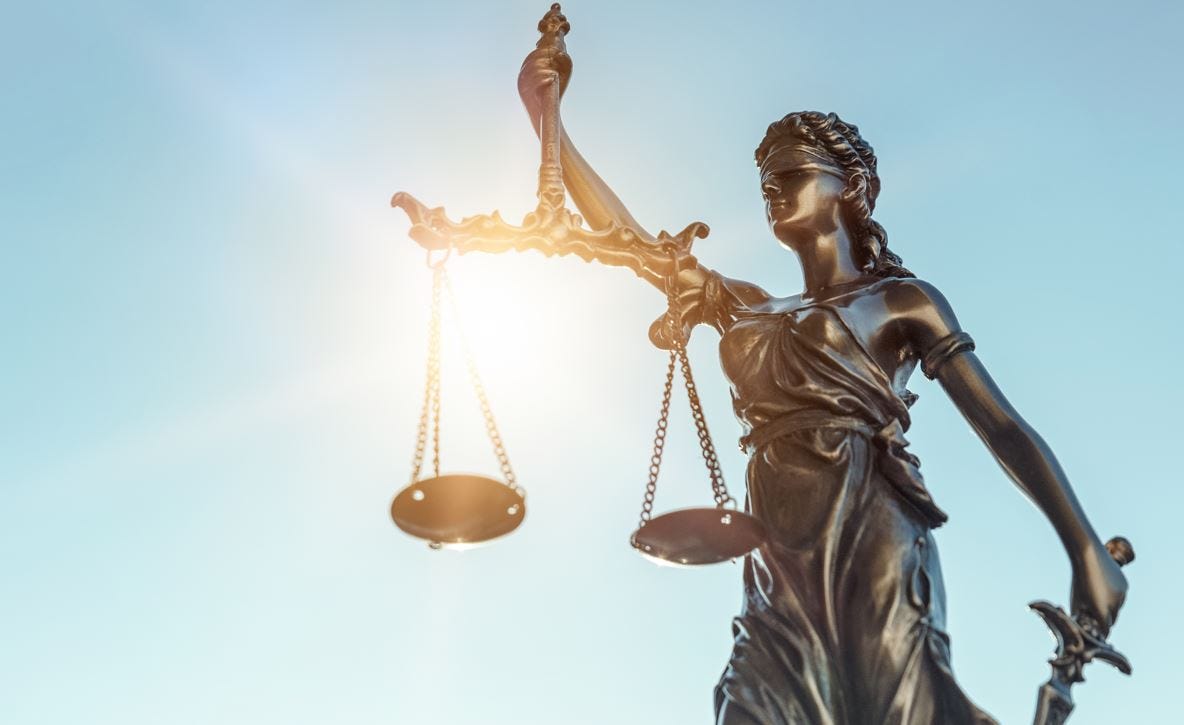Access to justice refers to the ability of people, businesses and communities to prevent conflicts and obtain effective, fair, equitable and timely resolution of their legal and justice-related needs. The rule of law requires impartial and non-discriminatory justice. Without equal access, a large portion of the population may be left behind and their vulnerabilities exposed.
Another aspect is legal empowerment, which enables meaningful participation in the justice system and builds people’s capacity to understand and use the law. Delays in solving legal cases affect citizens and disrupt businesses. A responsive justice system ensures that the “right” mix of services is provided to the “right” clients, in the “right” areas of law, in the “right” locations, and at the “right” time.
